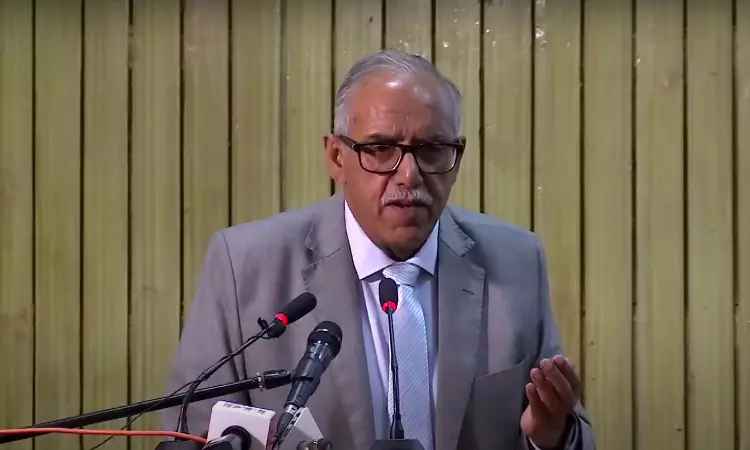On Saturday, while speaking on the issue of building a transparent and accountable collegium, at the Seminar on Judicial Appointments and Reforms, organised by the Campaign for Judicial Accountability and Reforms (CJAR), Justice Deepak Gupta, former Judge of the Supreme Court, expressed his views on how judicial independence is compromised by post-retirement benefits. He stated - "There...

